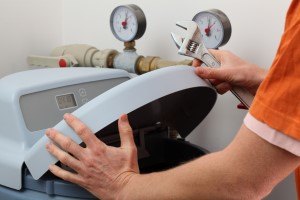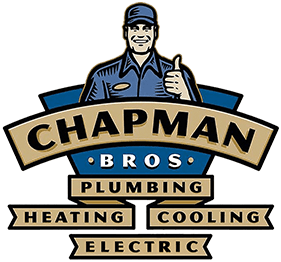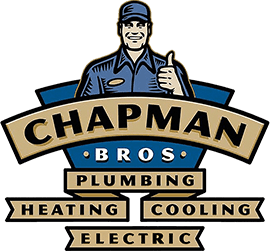
In general, tap water is supposed to be safe for human consumption. But with tap water, you may notice a funny color, odor or taste. This can be caused by otherwise harmless contaminants such as iron, chlorine, sulfur, and manganese. You can clear the water of these problems by installing an activated carbon filter to the water supply line of the home.
The problem is that water can contains dangerous levels of other pollutants. To solve this problem, you need water treatment solution that is also able to eliminate toxins.
Water Pollutants
There are basically four types of water pollutants:
- Inorganic chemicals
- Organic chemicals
- Radionuclides
- Microbiological organisms.
Solvents, pesticides, synthetics, resins and other manmade chemicals are organic chemicals. Some are volatile organic compounds (VOCs) which can build up to an unsafe level.
Inorganic chemicals such as nitrates and nitrites, fluoride, asbestos, arsenic, mercury, and lead can cause heavy-metal poisoning. Some, including copper and lead can come from the water pipes. You should know that treatment by the water utility does nothing to remove these inorganic chemicals. Radon gas, the most common radionuclide, occurs naturally. Chlorine used as a water treatment will kill microbiological contaminants such as protozoa, viruses, and bacteria.
Sediments are the biggest problem in water quality. Sediment problems result in cloudy, unappealing water. They can also narrow the sewer line pipes and cause clogging or low water pressure problems.
Disease-producing microbiological organisms may be rare but any water source can be contaminated. The earth filters out rainwater as it seeps through soil and down to aquifers. However, giardia, e-coli and cryptosporidium are common in some water sources.
Chemicals from fertilizers and other sources can be dangerous to your health. Radionuclides are radioactive atoms that can get in the water supply. They come from various natural sources or can be released from nuclear power plants or laboratories.
Water Filtration Systems
Consider filtering the water to your home instead of just putting a filter on the faucet. A reverse osmosis (RO) filter removes nearly all contaminants. They are even more effective when combined with carbon filtration systems. An RO filter can be installed under the sink or connected directly to your plumbing. This membrane only permits pure water molecules to pass. We recommend contacting an experienced professional for this job.
A carbon prefilter can be connected to most RO filters. This water treatment system removes sediments as well as some of the contaminants that the membrane won't trap. To improve the taste of the water, install a carbon postfilter as well.
Water Softeners
Water softeners reduce the mineral content of hard water by dissolving them. This also reduces mineral buildup in your plumbing pipes, faucets, and appliances. Water softeners for residential use are often the type that depend on an ion-exchange resin. They replace the magnesium and calcium with sodium or potassium ions.

